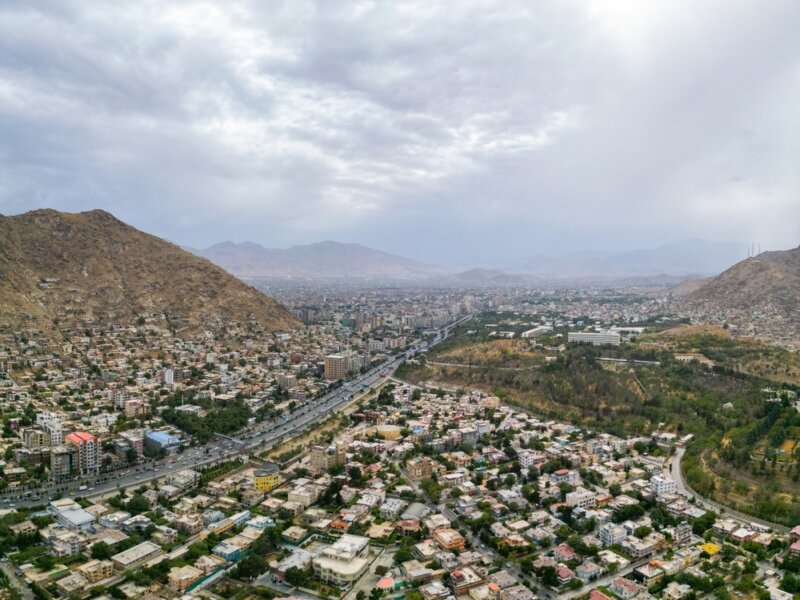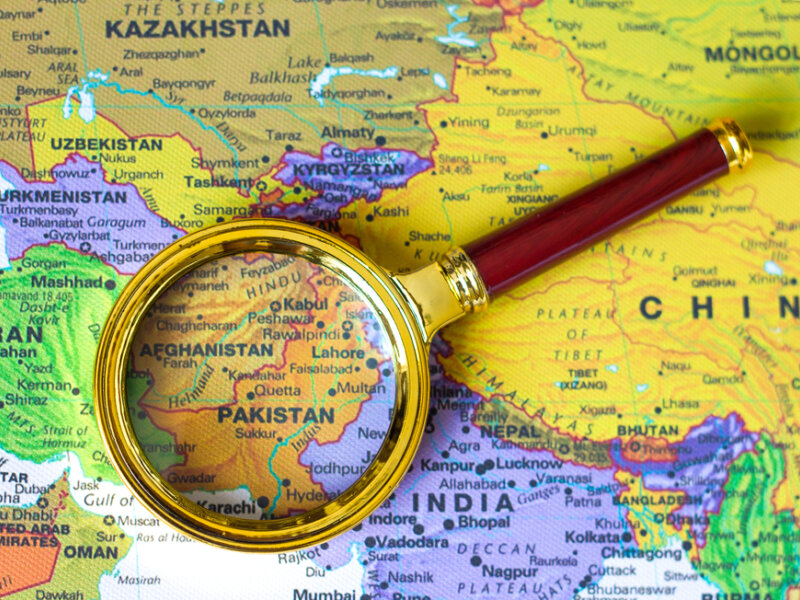Il totalitarismo dei Talebani si muove nell’ombra
A ridosso del secondo anniversario della salita al potere dei Talebani, in Afghanistan cresce l’isolamento delle vittime del regime. Il punto di Guido Bolaffi

Kachor Valentyna / Shutterstock.com
Più si avvicina il secondo anniversario del 15 agosto 2021, quando Kabul si arrese nelle mani dei Talebani, più cresce l’isolamento delle vittime del loro malvagio regime. Che all’ombra del disinteresse del mondo prosegue imperterrito, e impunito, a terrorizzare le donne per stringere tutto l’Afghanistan nella morsa del suo totalitarismo, come testimoniano le sconfortanti pagine del rapporto Situation of Women and Girls in Afghanistan pubblicato a metà giugno dall’ONU: “One of the most illustrative examples of the systematic discrimination against women and girls in Afghanistan today is the relentless issuance of edicts, decrees, declarations and directives restricting their freedom of movement, attire and behavior, and their access to education, work, health and justice. Between September 2021 and May 2023 more than 50 edicts were issued [...] They are announced to the public in a multitude of ways in official instructions issued by central and provincial authorities, in speeches by officials and via social and mainstream media [...] Punishment on men for the conduct of women and girls is intended to normalize discrimination and violence against women and girls [...] Gender Apartheid framing also highlights that other States and actors and the international community at large, have a duty to take effective action to end the practice as was done to end racial apartheid in southern Africa”.
Una situazione drammatica nella quale oggi al danno si somma la beffa. Visto quanto denuncia la giornalista australiana Lynne O’Donnell nell’articolo The Taliban Are Now Arms Dealers: “Left-behind American arms - the U.S. Department of Defence estimated that left-behind stockpiles of arms and vehicles were worth $7.12 billion of the $18.6 billion spent from 2002 on arming the Afghan security forces - are going everywhere [...] American assault rifles command a premium: an M14 in good condition can fetch up to $2,400, a status symbol with as much cachet in the Himalayan tribal belt as a luxury handbag in Manhattan. In contrast, a Pakistan-made knock-off of an AK-47 can go for as little as $ 130 [...] Taliban smuggling the same routes that proffer drugs, gems and assorted other contraband get weapons to Islamist terrorists like Tehreek-e-Taliban in Pakistan, al-Shabab in sub-Saharan Africa and Islamic State affiliates in the Philippines, Thailand, Malaysia, Sri Lanka and the same Persian Gulf countries that produced Osama bin Laden and al Qaeda in the first place”.
La verità è che quello talebano, come di regola tutti i totalitarismi, non si limita ad imporre le sue regole solo ricorrendo all’uso della violenza e della discriminazione. Ma “disciplina” la società con la corruzione e l’arbitraria distribuzione dei ricchi proventi dei traffici illeciti al mercato nero.
Il che spiega, anche se solo in parte, la scarsa efficacia “punitiva” finora avuta dalle dure sanzioni economiche imposte dalla comunità internazionale contro questo sciagurato regime.
Basta leggere, al riguardo, le preoccupate riflessioni espresse su Foreign Policy del 29 giugno da Wazhma Sada, che nel pezzo Why Sanctions Against the Taliban Aren’t Working, criticando il disegno di legge The Taliban Sanctions Act presentato settimane addietro dal senatore repubblicano ed ex governatore dell’Idaho Jim Risch, scriveva: “Although the bill correctly highlights the Taliban’s undeniable human rights violations, it is utterly misguided. Economic sanctions will only harm the people of Afghanistan, not the Taliban [...] The totalitarian emirate not only occupies and runs the country’s public sector, which overshadows the crippled private sector [and] its purpose has not been to prosper economically nor deliver to its people; totalitarian governments have little incentive to do so [...] Far from being accountable to the country’s people the group thrives on autocracy, and economic sanctions provide little incentive to change that”.



